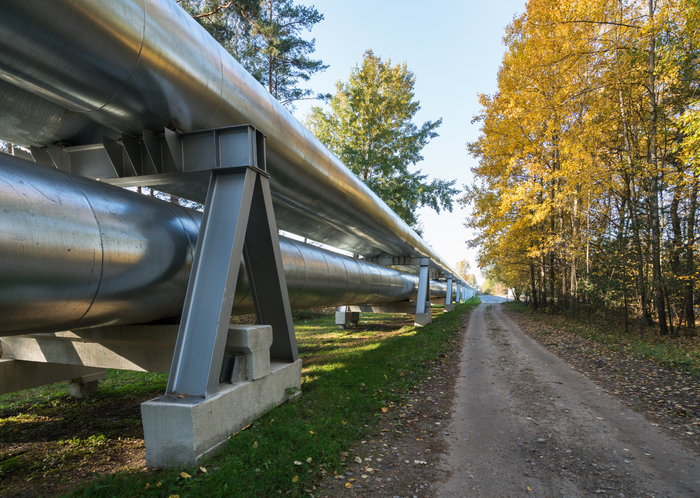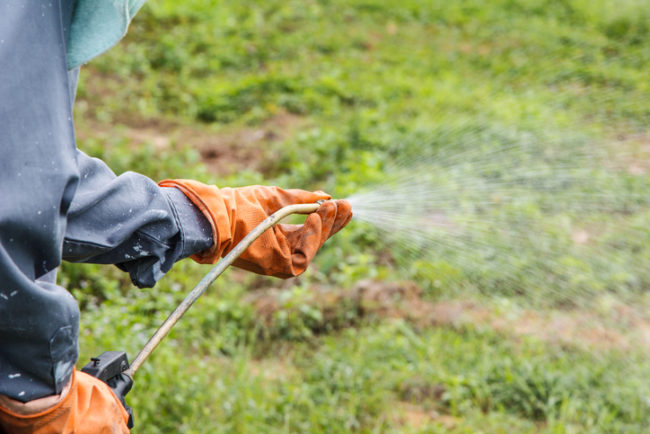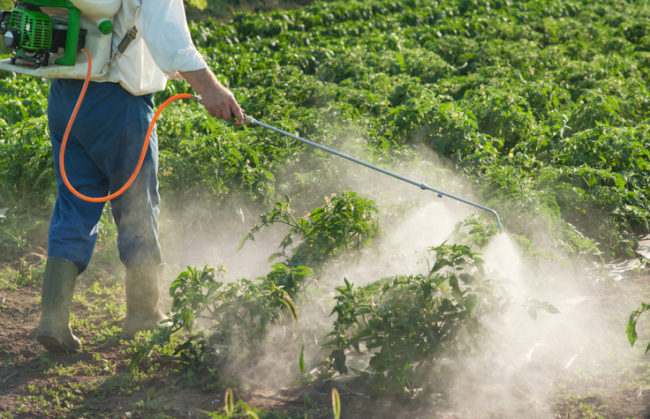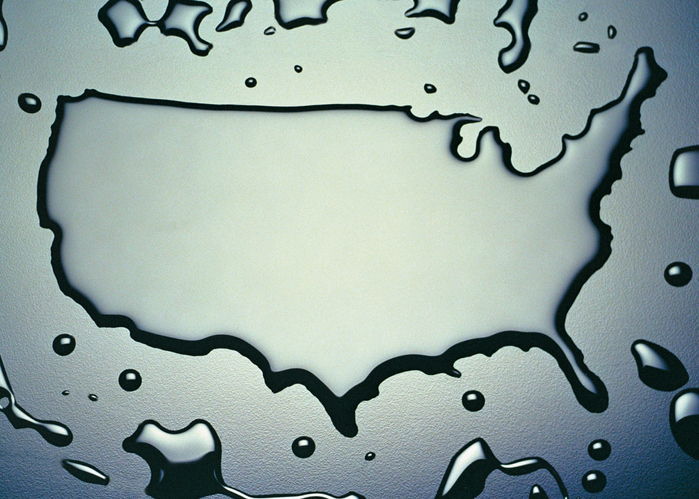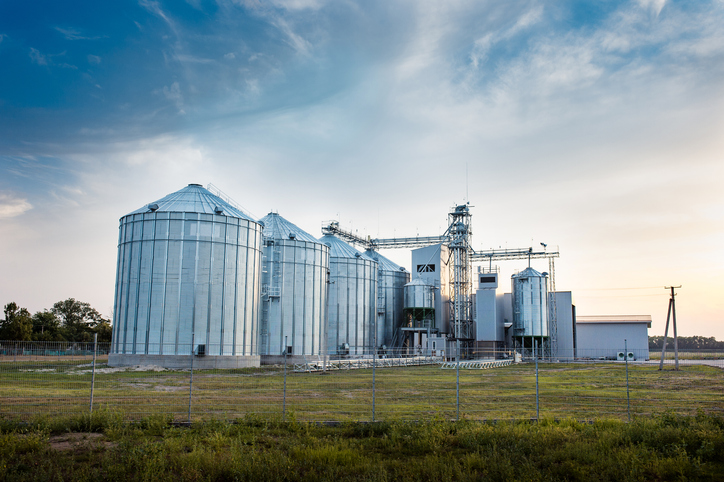New Jersey Gov. Phil Murphy announced a comprehensive statewide plan to address lead exposure throughout the state. “My comprehensive statewide plan brings together experts from our cabinet departments, stakeholders, and advocates to create strong partnerships and implement policies to protect New Jersey’s children and families from lead” the governor commented. “Together, guided by the actions outlined in our strategy, we will overcome this public health challenge that has been building for decades to ensure that our residents are safe from lead exposure for generations to …
Continue Reading

